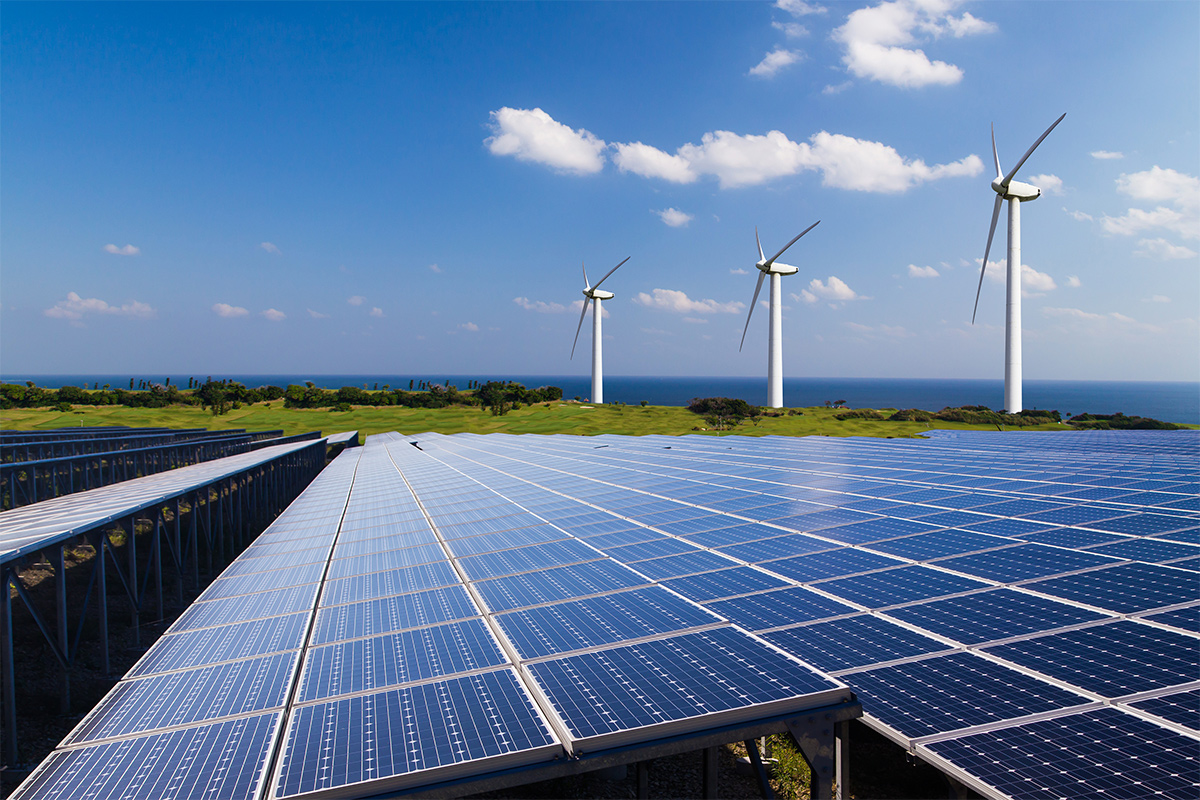The fourth general assembly of the International Solar Alliance (ISA) ended last night with a commitment to achieve $1 trillion global investments in solar energy by 2030.
The ISA also announced a partnership with Bloomberg Philanthropies to mobilise this amount for solar energy across its member countries. The two organisations will work with World Resources Institute (WRI) to develop a Solar Investment Action Agenda and a Solar Investment Roadmap, which will be launched at COP26.
Advertisement
The general assembly, held virtually between 18-21 October, was presided over by Union Power and New and Renewable Energy Minister and President of the ISA Assembly R.K. Singh.
A total of 108 countries participated in the assembly, including 74 Member Countries and 34 Observer & Prospective Countries, 23 Partner Organisations and 33 Special Invitee Organisations. U.S.Special Presidential Envoy for Climate John Kerry delivered the keynote address.
Delivering the Presidential address, the Indian minister said it was time for everyone to get together to make energy access using solar and renewable energy available. ”We have successfully done this in India, and it can be replicated globally. Solving the problem of energy access is more important than the energy transition. The energy transition is meaningless for those without energy,” he said.
Singh said the ISA could enable energy access for 800 million people worldwide. He emphasised that it was time for developed countries to direct the energy transitions funds they had committed at previous climate conferences. The ISA would cover credit guarantees and help in driving green energy investments in these countries. Developed nations must decide whether economic development should take place through clean energy, or by burning coal and firewood, he added.
Dr. Ajay Mathur, Director General of the ISA said, “Solar will catalyse the world’s transition to a lower-carbon economy, being the lowest cost and most economical solution for increasing power generation capacity in countries. It also has the potential to help lift no less than a billion people out of energy poverty, but only if adequate investments are mobilized and the right policy frameworks are erected. ISA targets US$1 trillion of investment in solar by 2030, which would be significant in bringing the world closer to energy transitions needed.”
U.S. Special Presidential Envoy for Climate John Kerry, said, “Solar energy is the most powerful tool that the world has in its toolkit to combat climate crisis.Building a solar powered economy won’t just slash carbon emissions, it’ll open enormous economic opportunities.The ISA is unique in its focus on spreading solar to emerging economies including small island states. So, I commend the tremendous work that every country here is doing as part of the International Solar Alliance. Solar energy is critical to our collective climate goals.”
ends











